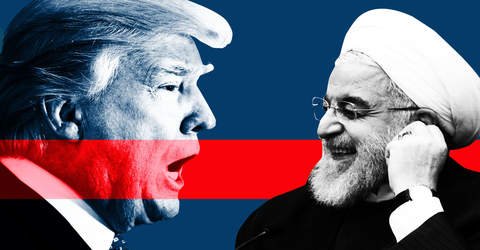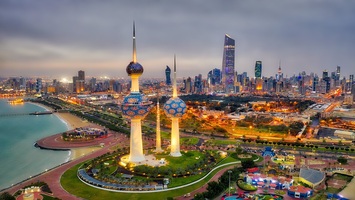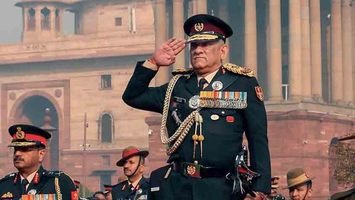What did Iranian media say about Israel's attack?
Friday, April 19, 2024
Iran is not giving any special importance to the Israeli attack on Isfahan on the night of Thursday, 18 April 2024. Iranian officials have said there was no attack on Isfahan.
Iran says there were some drones that were shot down. Israel has not given any statement regarding the attack.
But American officials have said that Israel has attacked Iran and many questions are being raised on this topic. Isfahan is considered a center of important nuclear and military-industrial facilities.
However, Hossein Delirian, a spokesman for the National Center of Cybersecurity and the Iran Space Agency, denied on Twitter that there was any direct missile attack from outside the country.
"There have been no air strikes from outside the border on Isfahan or other parts of the country," Hossein Delirian said.
Hossein Delirian said that Israel had "only made one unsuccessful attempt to fly a quadcopter drone, and the quadcopter was also shot down."
Iran is presenting this attack as minor.
Iran's state broadcaster IRIB and the country's English-language channel Press TV reported the incident in breaking news segments, regular bulletins and tickers, but it was downplayed.
"Several drones have been shot down," an IRIB correspondent said.
"There is an atmosphere of peace in the city. People are coming out of their homes," said another correspondent live on Irene from Isfan.
The reporter said that the sounds heard in the sky throughout the night were probably from air defense systems targeting several mini drones in the skies over Isfahan.
Iran's other state broadcaster IRIB2 ran a continuous live feed from Isfahan in the morning.
Fars News Agency reported that the city's nuclear infrastructure is completely safe.
Tasnim news agency, which is affiliated with Iran's armed forces, showed Isfahan's air force base, airport and nuclear facilities in several videos showing calm there.
Flights from Tehran, Isfahan, Shiraz and western provinces were temporarily suspended but were resumed a short time later.
Israel's attack on Iran: What has happened so far?
Friday, April 19, 2024
Following the Israeli attack, some flight services to Iran have been resumed after being halted for some time.
German airline Lufthansa has suspended flights to Israel and Iraq until Saturday, April 20, 2024.
India's Air India has also canceled all flights to Tel Aviv till April 30, 2024.
Austrian Airlines has suspended services to Tel Aviv, Erbil (northern Iraq) and Amman (Jordan). Both airlines have said that they will not provide service to Tehran and Beirut till the end of this month (30 April 2024).
Siavash Mihandoost, commander of the air defense system of Iran's Isfahan city, told state television that an attack that took place on the morning of Friday, April 19, 2024, has been foiled.
Siavash Mihandoost said that the sounds that were heard in Isfahan on the morning of Friday, April 19, 2024, were not an explosion.
After Israel's latest action, Russia has said that it is in touch with both Tel Aviv and Tehran.
Russian Foreign Minister Sergei Lavrov said that Russia has made it clear to Israel that Iran does not want to escalate the issue any further.
Israel's neighboring country Jordan has warned of the 'danger of regional tension'.
Jordan has also appealed to end the actions taken by Iran and Israel against each other.
On the other hand, police in Paris have arrested a person who entered the Iranian Embassy.
French media quoted an eyewitness as saying that a suspicious person was entering the Iranian embassy.
Eyewitnesses said that the suspect had a grenade or some explosive in his hand.
Iranian Army Chief Major General Seyed Abdulrahim Mousavi has given an interview to Iranian TV on the Isfahan blast.
Major General Seyed Abdulrahim Mousavi said that the sound of the explosions actually came from an anti-aircraft defense system which was activated after seeing something suspicious.
Major General Syed Abdulrahim Mousavi assured the general public that there was no damage.
America has also said that it is working to reduce tension.












